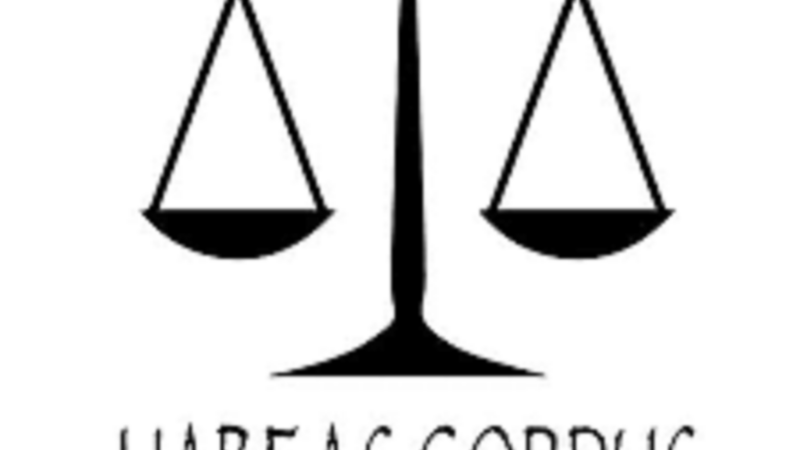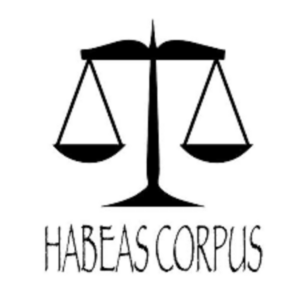White House May Try to Suspend the Writ of Habeas Corpus in Order to Facilitate Deportation of Migrants
I have long warned of this dangerous implication of the argument that illegal migration qualifies as "invasion."


White House Deputy Chief of Staff Stephen Miller recently said the Trump Administration is "actively looking" into suspending the writ of habeas corpus in order to prevent immigrants from challenging their deportation in court:
White House deputy chief of staff Stephen Miller said Friday that President Trump and his team are "actively looking at" suspending habeas corpus as part of the administration's immigration crackdown.
"Well, the Constitution is clear — and that of course is the supreme law of the land — that the privilege of the writ of habeas corpus can be suspended in a time of invasion," Miller told reporters at the White House.
A writ of habeas corpus compels authorities to produce an individual they are holding and to justify their confinement.
It's been a key avenue migrants have used to challenge pending deportations under the Alien Enemies Act, a rarely-used 18th-century power Trump cited to deport Venezuelan nationals he's accused of being gang members to a notorious megaprison in El Salvador.
If the writ of habeas corpus is suspended, the consequences would not be limited to supposedly illegal migrants. Legal immigrants and US citizens could be detained without due process, as well.
I have been warning about this implication of the argument that illegal migration is "invasion" for a long time. See, e.g., here and here.
If illegal migration and cross-border drug smuggling are "invasion," that means we are in a state of invasion at virtually all times, since these activities have been ubiquitous for so long as we have had the War on Drugs and significant migration restrictions. That is both dangerous, and an additional reason to conclude that this broad interpretation of "invasion" is at odds with the original meaning of the Constitution. Given the importance that the Founders assigned to the writ of habeas corpus (British violations of the writ were among the major grievances that led to the American Revolution), they would not have created a system where the federal government could suspend it at any time.
Fortunately, courts (including both liberal and conservative judges) have so far uniformly rejected the administration's claims about the meaning of "invasion" in ongoing litigation over the Alien Enemies Act. Multiple earlier court decisions have reached the same conclusion with respect to the meaning of "invasion" in the Constitution. Those rulings were in cases involving state governments, and their claims to be able to "engage in war" in response to "invasion," as Article I, Section 10, Clause 3, of the Constitution authorizes them to do.
Hopefully, that judicial trend will continue. And if the administration tries to suspend the writ based on bogus claims of "invasion," courts should reject it.
In addition, there is longstanding disagreement over the issue of whether the President can suspend the writ of habeas corpus on his own, or whether only Congress can do so. Most legal scholars hold the latter view, since the Suspension Clause is listed in Article I among the powers of Congress, not Article II (which outlines those of the executive branch). But even if the president can suspend the writ without congressional authorization, the Suspension Clause says he can only do so "when in Cases of Rebellion or Invasion the public Safety may require it." There is no such "Rebellion or Invasion" going on, and therefore suspension would be illegal.
UPDATE: Steve Vladeck has additional (I think well-taken) criticisms of Miller's statements here.
